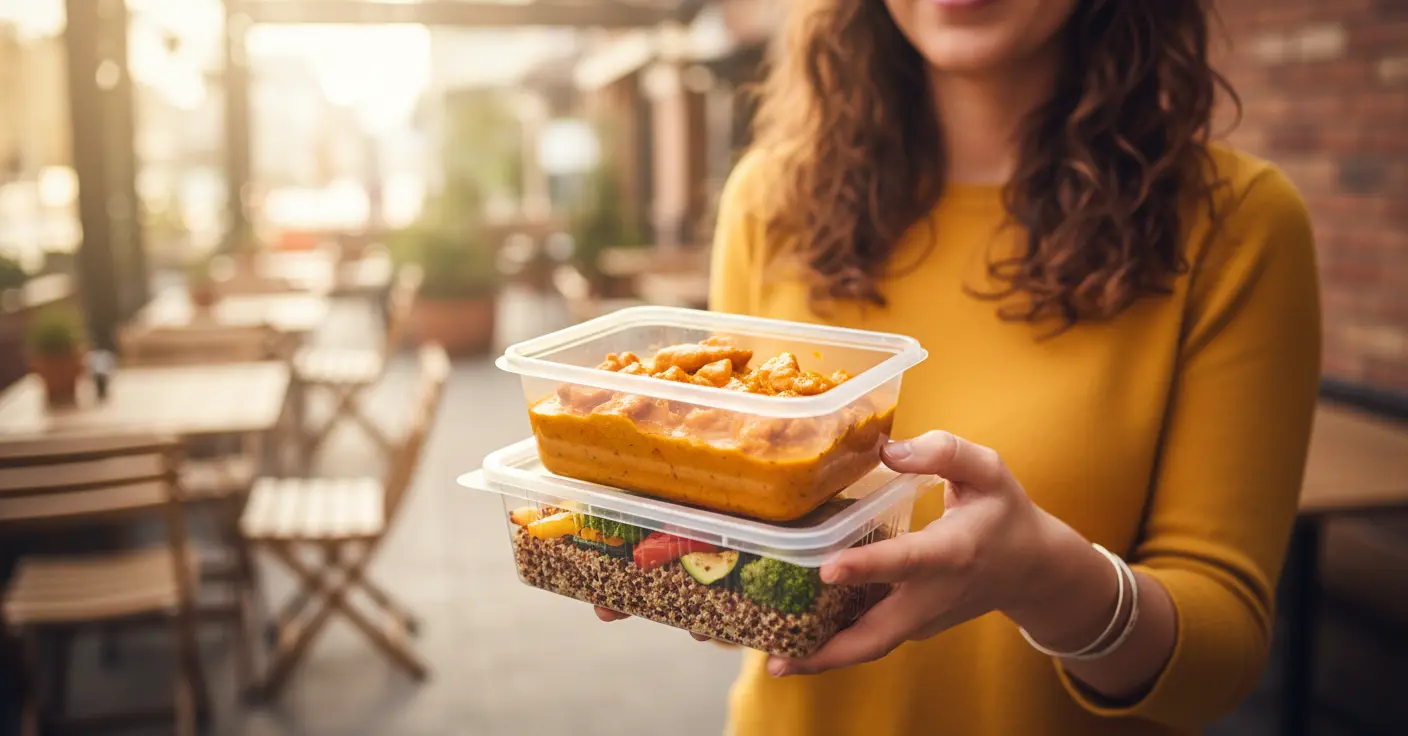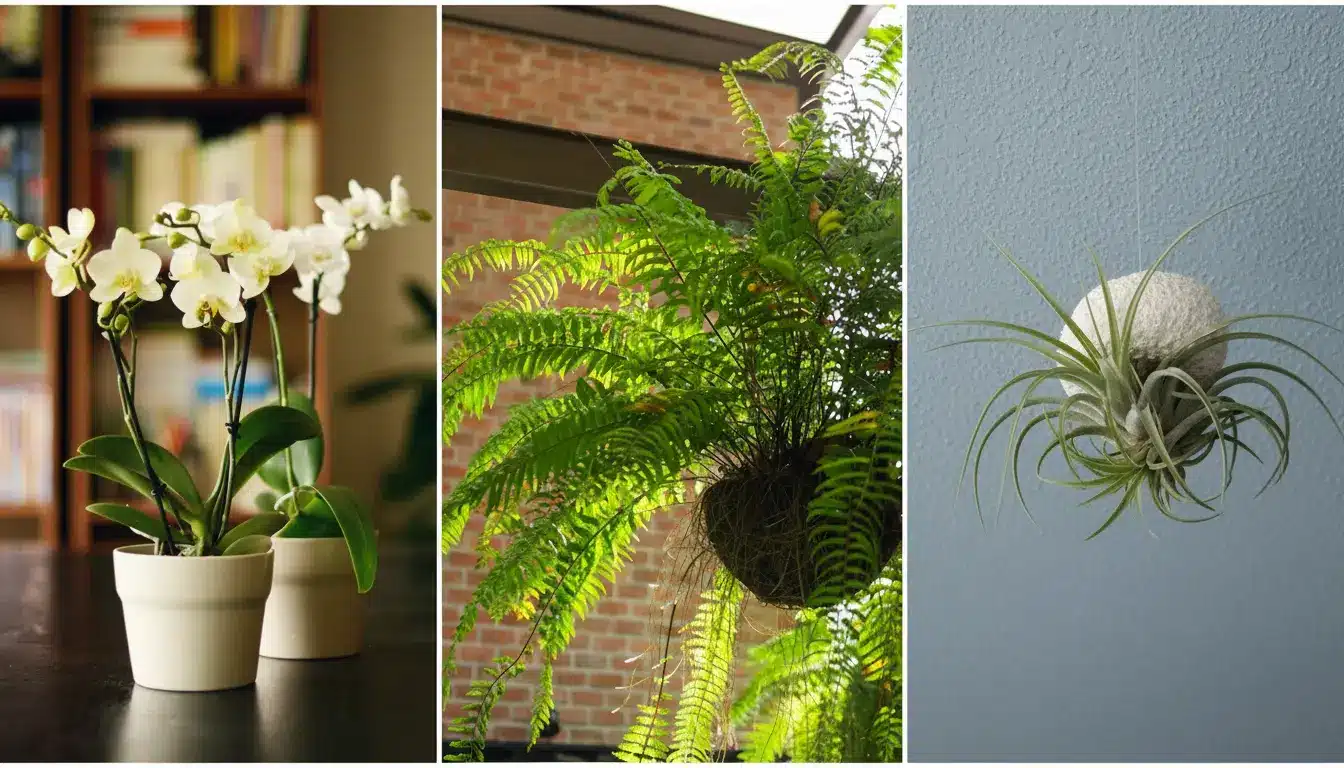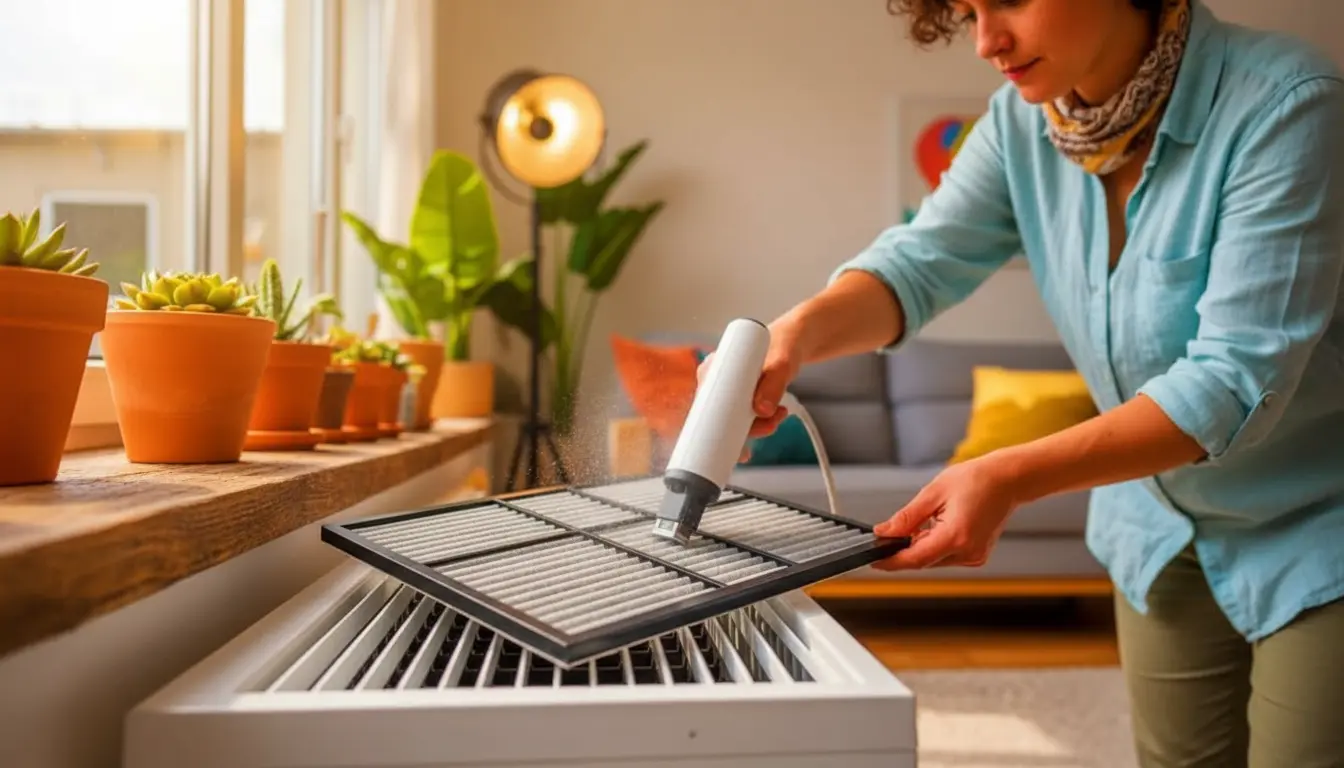Think plastic containers are your best friend in kitchen organization? Think again. Those trusty tubs may be unbreakable and easy to find at the store, but experts warn: a plastic box isn’t always the safe haven for your food stash you hope it is. In fact, storing the wrong foods in plastic containers could leave you with limp salads, soggy fruit, a cheese disaster, or – worse – hidden bacteria that might make your stomach regret last night’s leftovers. So, before your next post-dinner tidying spree, grab a seat and let’s go through the six foods you absolutely should not store in plastic. Your health (and your taste buds) may depend on it.
Plastic Boxes: Handy, But Not So Harmless
Let’s face it: plastic containers are everywhere. Their allure is obvious – tough, convenient, and available in just about every shape and size under the sun. But the convenience comes with a side of problems plastic rarely advertises on the label. Not only do plastic boxes hold on to greasy residues like a dog with a bone (try washing out stubborn sauce stains, we dare you!), they’re also prime real estate for bacteria and mold. This makes them hazardous territory for a surprising list of foods. Let’s break it down – and reveal what you should never, ever store in plastic.
The List: Six Foods That Should Steer Clear of Plastic Containers
- Raw & Prepared Crudités: Cut up some lettuce, tomatoes, or carrots for a salad? Pause before dropping them into a plastic box. In plastic, raw veggies wilt – and fast. The source says they’ll go limp twice as quickly compared to glass, leaving you with droopy tomatoes and sad lettuce in just a few hours. And nobody wants to fetch soggy greens for dinner. Store them in glass if you must refrigerate, and hold off on dressing until right before serving.
- Fruits: Fruit isn’t a fan of being locked away either. In plastic, they lose firmness, taste, texture, and even some nutritional value. Want to keep your apples crispy or your grapes juicy? Chill them in the fridge or stash them in a classic fruit bowl. Even fruit salad prefers glass jars or even a clean old jam pot over plastic prisons.
- Cheese: Cheese is a gourmet treat, but it’s also extremely delicate. Put cheese in a plastic container and it’s a race against time before mold takes over. Even before mold shows up, bacteria multiply in secret. When you dive in next, your risk of food poisoning quietly rises. Choose airtight glass boxes instead; they’ll slow spoilage and shield your fridge from any cheesy aroma escapes.
- Eggs: Fresh, cooked, hard-boiled, or separated: no egg should sit in plastic. These little protein powerhouses can carry bacteria like salmonella. Locked away in plastic, those germs party and multiply. There’s also a risk of E. coli infection. So, opt for classic fridge storage or even the kitchen counter – egg safety is no joke!
- Soups and Other Liquids (Like Tea): Fancy storing your leek soup or leftover tea? Take care: the container itself isn’t public enemy number one, but bacteria do like to move in, especially if liquids are transferred while hot. Let everything cool before refrigerating, and if you can, pick glass over plastic to keep flavors and freshness intact for longer.
- Smoked Salmon: Who doesn’t love a slice or two of smoked salmon? And since you probably paid a pretty penny at the supermarket, don’t let it go to waste. Plastic is no friend to salmon – it browns and loses freshness quickly. For this delicacy, aluminium foil is your knight in shining armor. It shields from outside attacks and keeps your fish as fresh as when you bought it. Just unwrap and enjoy.
Why Is Plastic So Problematic?
It comes down to more than just taste (though nobody likes squishy fruit or wilted salad). Plastic containers are notoriously tough to clean, clinging to grease and sauce long after you think they’re spotless. But the real kicker? They actually encourage bacteria and mold to proliferate, silently threatening both the freshness of your food and your health. Exposure to multiplying bacteria is no small matter – food that looks fine might actually harbor hidden risks, particularly with delicate items like cheese and eggs. So, while that plastic tub may seem harmless, what happens inside after the lid clicks shut is a whole different story.
The Takeaway: Glass Is Class, Foil’s a Friend
Next time you’re prepping your refrigerator treasures for storage, take a moment to think before reaching for plastic. Glass containers are tougher on germs, easier to actually get clean, and do a stellar job at keeping aromas where they belong (inside the box!). For foods like smoked salmon, aluminium foil is the simple hero. A little switch in storage routine could keep your meals fresher, safer, and yummier – and honestly, your salad deserves better than ending its days shriveled in a plastic box.
So go glass, go foil, and give plastic a break – your stomach will thank you, and so will your nose when you next open the fridge!

John is a curious mind who loves to write about diverse topics. Passionate about sharing his thoughts and perspectives, he enjoys sparking conversations and encouraging discovery. For him, every subject is an invitation to discuss and learn.






